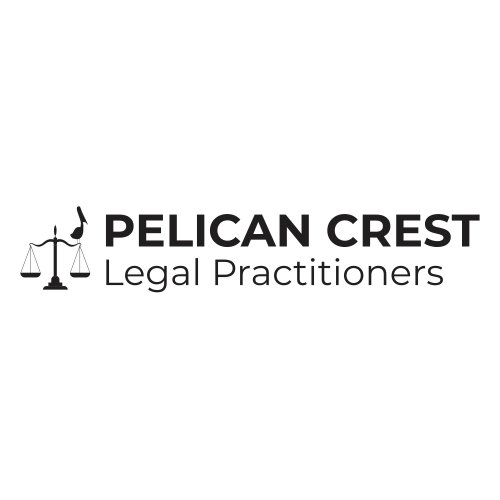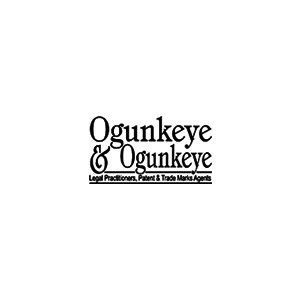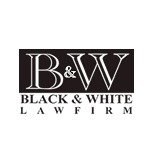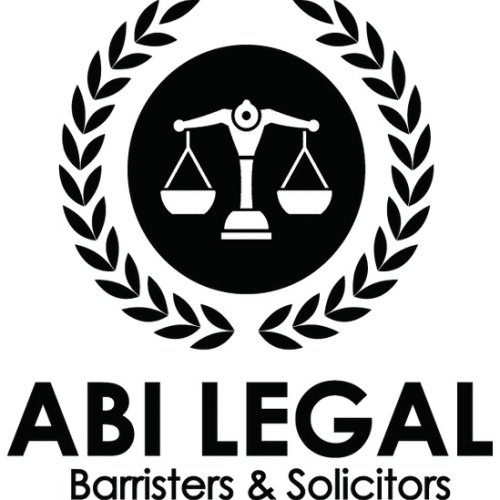Best Housing, Construction & Development Lawyers in Ibadan
Share your needs with us, get contacted by law firms.
Free. Takes 2 min.
Free Guide to Hiring a Real Estate Lawyer
List of the best lawyers in Ibadan, Nigeria
About Housing, Construction & Development Law in Ibadan, Nigeria
The housing, construction, and development sector in Ibadan, Nigeria, is continuously evolving due to the growing need for housing, coupled with urban development plans. The legal framework regulating this field is quite extensive, encompassing land acquisition, contract awarding, inspection processes, building codes, permits, and more. Laws like the Land Use Act, Nigerian Urban and Regional Planning Act, and the Housing Law of Oyo State are among the few that govern housing, construction, and development in the city.
Why You May Need a Lawyer
There are multiple instances where consultation with a lawyer becomes necessary. Such situations include disputes over land titles, disputes with construction contractors, unjust eviction from leased property, compliance with construction and zoning laws, contract negotiations and drafting, and matters pertaining to environmental laws. A seasoned lawyer can guide you through these legal hurdles, ensuring your transactions are legitimate, profitable, and fair.
Local Laws Overview
The Land Use Act controls land acquisition and use rights. The Nigerian Urban and Regional Planning Act governs physical planning and development control while the Housing Law of Oyo State focuses on regulating housing construction & delivery. Additionally, local building codes and regulations touch on zoning rules, fire safety regulations, and waste management controls. These legal provisions work together to ensure the orderly development of the city, safeguard the rights and interests of homeowners, tenants, contractors, and to promote sustainable development practices.
Frequently Asked Questions
1. What is the role of the Land Use Act in housing construction and development?
The Land Use Act primarily governs all land use and development matters in Nigeria. It provides that all land within a state's territory is vested in the Governor of the state.
2. What responsibilities does a construction contractor have under Nigeria's law?
Contractors are obliged to comply with the contractual agreement, local building regulations, environmental laws, health, and safety standards, among others.
3. How are land disputes handled in Ibadan?
Land disputes are generally settled in the courts. Alternatively, the parties can opt for alternative dispute resolution methods such as arbitration, mediation or negotiation.
4. What is the process for acquiring a permit to build in Ibadan?
Acquiring a building permit involves applying to the physical planning and development authority, submitting the architectural design, proof of land ownership, and other required documents. Upon review and approval, a permit is granted.
5. Are there any restrictions on property investment for foreigners in Ibadan?
Foreign investors are permitted to invest in property in Nigeria, as long as the investment aligns with the provisions of the Nigerian Investment Promotion Commission Act.
Additional Resources
You can consult the Nigerian Institute for Hospitality and Tourism or Oyo State Government's official website for detailed information on housing, construction, and development standards. Also, the Nigerian Bar Association is a great resource for finding competent lawyers in this field.
Next Steps
If you need legal help in this field, start by contacting a lawyer with expertise in housing, construction, and development. They can provide you with appropriate guidance based on your unique situation. You can reach out to the Nigerian Bar Association for recommendations. Do not hesitate to seek legal advice early to prevent escalating your concerns.
Lawzana helps you find the best lawyers and law firms in Ibadan through a curated and pre-screened list of qualified legal professionals. Our platform offers rankings and detailed profiles of attorneys and law firms, allowing you to compare based on practice areas, including Housing, Construction & Development, experience, and client feedback.
Each profile includes a description of the firm's areas of practice, client reviews, team members and partners, year of establishment, spoken languages, office locations, contact information, social media presence, and any published articles or resources. Most firms on our platform speak English and are experienced in both local and international legal matters.
Get a quote from top-rated law firms in Ibadan, Nigeria — quickly, securely, and without unnecessary hassle.
Disclaimer:
The information provided on this page is for general informational purposes only and does not constitute legal advice. While we strive to ensure the accuracy and relevance of the content, legal information may change over time, and interpretations of the law can vary. You should always consult with a qualified legal professional for advice specific to your situation.
We disclaim all liability for actions taken or not taken based on the content of this page. If you believe any information is incorrect or outdated, please contact us, and we will review and update it where appropriate.

















